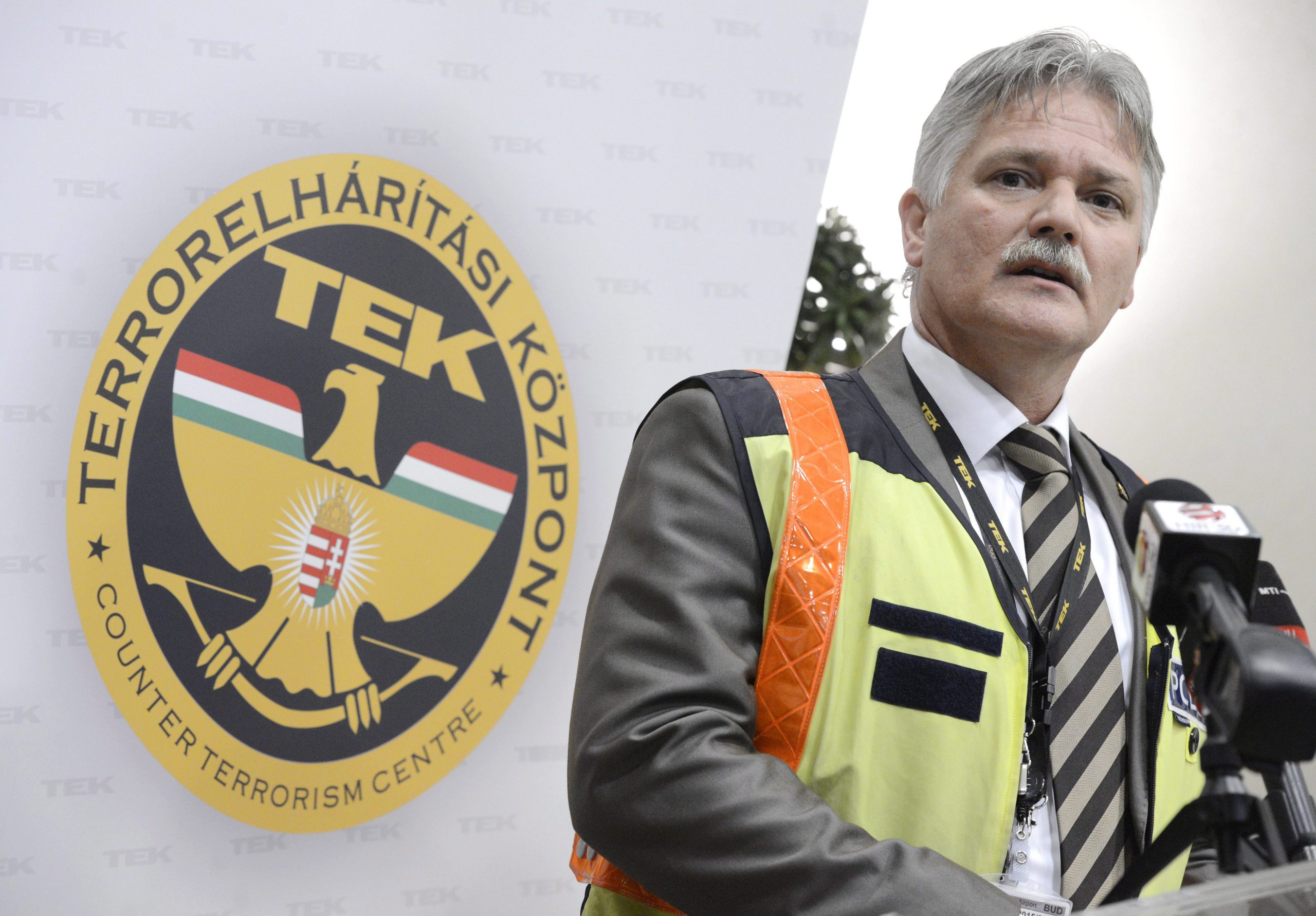
According to Hungary's ruling Fidesz MEP Tamás Deutsch, no illegal surveillance was done in Hungary.Continue reading

The former deputy head of the Counter-Terrorism Center (TEK) was also targeted by Israeli spyware Pegasus, according to a recent report by investigative site Direkt36. Brigadier General Zsolt Bodnár became a target when he had to leave the elite police force in 2018, following an inner conflict and perhaps due to political reasons as well.
According to Direkt36, Bodnár became a target when he suddenly had to leave TEK in the spring of 2018. At the time, TEK explained his departure by organizational restructuring, but news sites reporting on his removal claimed that he was replaced due to internal conflicts and loss of trust.
The investigative site now writes in reference to several sources familiar with TEK’s internal affairs that TEK leader János Hajdú’s confidence had indeed been shaken in his deputy, because he suspected Bodnár of trying to gather internal information about the TEK or about him personally. Bodnár was subsequently investigated internally and eventually removed from the organization.
Direkt36, however, also writes that he hasn’t been prosecuted, and abuse of classified data or cooperation with criminal groups was out of the question. He could still be active within the ranks of the police force.
Direkt36 now claims, partly in reference to press news at the time, that Bodnár’s removal was probably politically-motivated and connected to former PMO Chief János Lázár’s departure from the highest ranks of the government. After Fidesz took power, Lázár was known for eyeing the leadership of the Interior Ministry, which was eventually given to [incumbent] Sándor Pintér. As Lázár’s influence and power had been on the rise, so were his conflicts with the Interior Ministry and TEK. Lázár, head of the prime minister’s office between 2014 and 2018, however, had been left out of the government after the 2018 elections, and according to government-critical conservative newspaper Magyar Hang, this eventually led to Bodnár’s departure as well, who reportedly had some adversaries in the Interior Ministry.
The Pegasus scandal broke out in July when a team of international journalists uncovered a database of 50,000 phone numbers selected for monitoring by the customers of NSO, the company that developed the spyware. The collaborative investigation was run by 17 news outlets, including The Washington Post, Süddeutsche Zeitung, and The Guardian. From Hungary, investigative online outlet Direkt36 was the only participant, reporting 300 Hungarian phone numbers that were possibly targeted in 2018 and 2019 for surveillance.
Phone numbers of several Hungarian journalists, businessmen, critics of the government, public figures, and politicians all appeared among those selected to be surveilled.
The trails lead directly to the Hungarian state, because the software’s manufacturer, Israeli private corporation NSO Group, can only provide its product to national governments and government agencies with the permission of the Israeli Ministry of Defense.
Also, a former security officer from one of Hungary’s intelligence services told Direkt36 that according to his knowledge, Hungarian services started using Pegasus in 2018. A former employee of NSO also confirmed to one of the project’s partners that Hungary indeed procured the Pegasus software.
The Orbán administration has not denied the use of Pegasus, or the surveillance of the people the news site has reported about.
featured image via Tamás Kovács/MTI